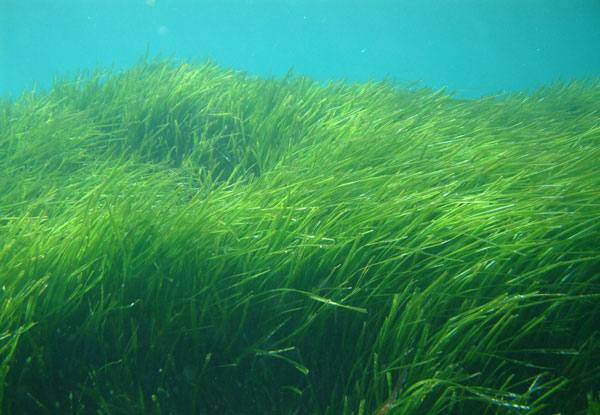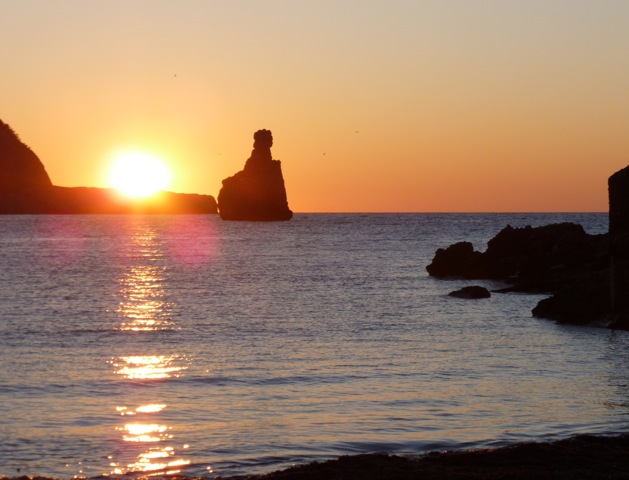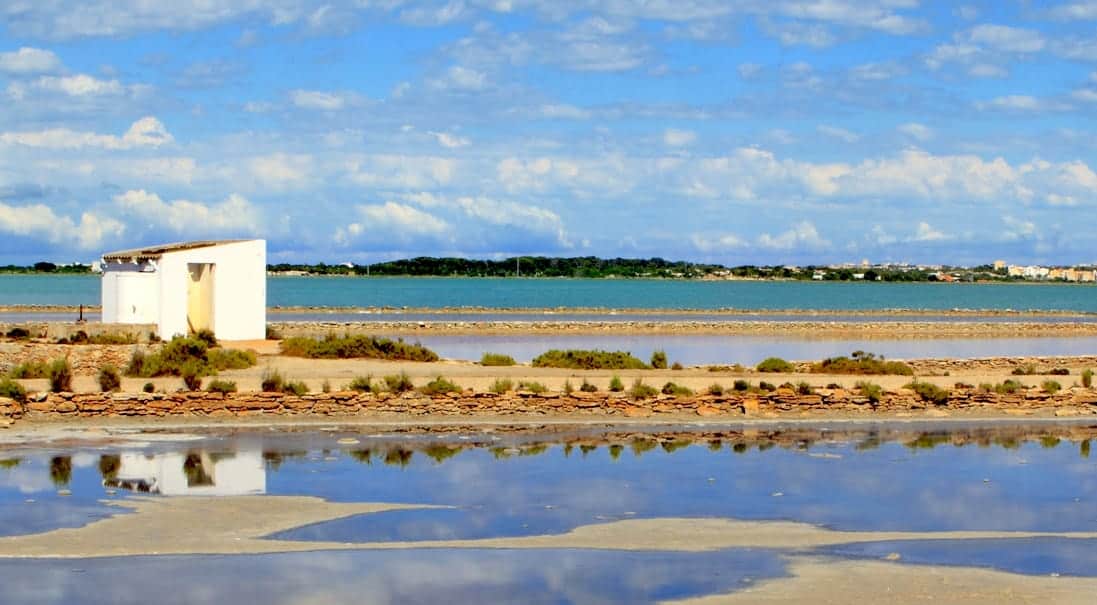The island of Ibiza, is often referred to as the Magical White Isle, Its known worldwide for its white sandy beaches, turquoise clear waters and an electric nightlife that can sometimes be indescribable because: “you just had to be there!!”
In this week’s blog we will take a look at some of the unfamiliar facts that make the white isle so special.
The Posidonia Oceanica Meadows
Posidonia is a sea plant that can only be found specifically in the Balearics Islands. It literally cannot be found anywhere else in the world and because of this the waters around Ibiza and Formentera have been declared a World Heritage Site by UNESCO.
It is reported that these special sea plants have been around for over 100,00 years, which makes it the second oldest living organism on the planet.

The fine white sands and stunning transparent unique waters, have been preserved and regenerated over the years by the posidonia seagrass meadows found around Ibiza and Formentera. The oxygen quality of the waters also make them the perfect habitat for thousands of marine species. Divers often see an extraordinary array of sea life such as loggerhead turtles (which are an endangered species ) seahorses, octopus and barracudas all within their natural habitat, which in itself is a paradise hidden below the waves.
Sunshine For 2750 hours a year
During the year, Ibiza gets an average of 2750 hours of beautiful mediteranean sunshine. That’s more than places like:
Rio de Janeiro in Brazil which sees 2187 hours of sunshine a year.Croatia which sees 2631 hours of sunshine a year, and even Bangkok in Thailand which sees 2623 hours of sunshine a year.
July is normally the hottest,sunniest, and driest month.The cooler months begin in October with January is normally the coldest month.

The average temperature between January – March this year ( 2021) have been around 5 degrees in the evening times, but in the daytime, islanders have been basking in temperatures up to 25 degrees.
It has only snowed twice in the last 20 years.!
Enriched Red Soil
As you drive away from the hustle and bustle of the developed towns like San Antonio and Playa Den Bossa, you will notice that as well as the vibe, the colours change. From the white sand and blue seas, to an array of lush green mountain tops scattered with pine trees and striking rich red earthy soils.
The luscious soil of Ibiza is made up of sediments of rocks, twigs and pine needles which help to enrich it with iron, The rich soil and the mediteranean climate generate some of the healthiest and freshest produce you can eat.
World’s Most Expensive Restaurant Is Here
The most expensive restaurant on the planet has a special home right here on the magic isle.

This “new age restaurant” by the name of Sublimotion is located inconspicuously in Playa den bossa just around the corner from the hard rock hotel. At the price of €1,650 per person it offers its diners a mind blowing 20 course menu accompanied by fine wines and champagne. Your food literally levitates in front of your very eyes and you even get an edible golden ticket along with a dramatic gastronomy meets virtual reality dining experience.
Salt
Before Tourism came along Ibiza was known for its salt production. The salt-works located at Ses Salinas in the south of the island, originate from the era of the Phoenicians. Salt has been produced continuously for more than 2700 years and still is one of the most important components of the island’s economy.
At one point in history salt had such a high value that it was used as a currency and this is the origin of the word salary

The salt flats at Ses Salinas are impressive and in 2001 UNESCO declared the area a world heritage site. Today the salt produced in Ibiza is of great quality, and it’s even marketed as a gourmet product.
Ibiza Is Not Its Original Name
Throughout history, ibiza has been known by many different names by its conquerors. In around 645bc the Phoenician people named the island ‘IBOSSIM or IBOSHIM, However when the island was under Roman ruling it was known as EBUSUS. In 902BC whilst under Islamic ruling, it was known as YABISAH and the Greeks called the island Pityoussai.
Today the island is known by Catalans as Eivissa or Ibiza. Its frequent british visitors have nicknamed the island Ibeefa and Americans with Ibeeza with an extenuation of the z.
Sources
https://www.santjosep.net/en/sports-activities/walks-in-sant-josep-ibiza/visiting-ses-salines-natural-park/
https://www.weather2visit.com/europe/spain/ibiza-february.htm
www.climatestotravel.com
https://en.wikipedia.org/wiki/List_of_cities_by_sunshine_duration
https://www.sublimotionibiza.com/
http://www.elaiaibz.com/ibiza-elements.html


